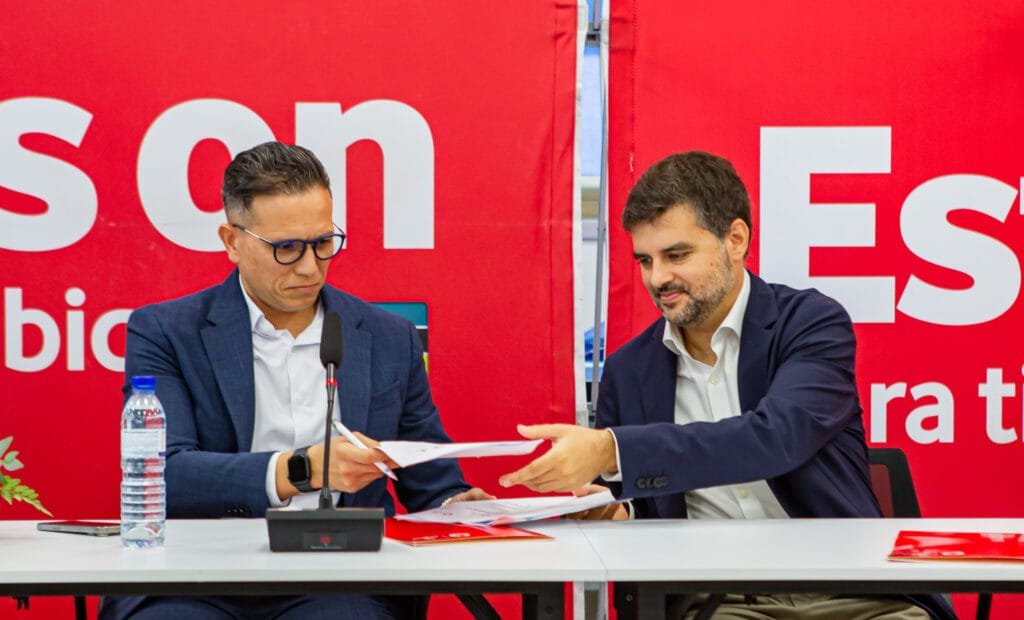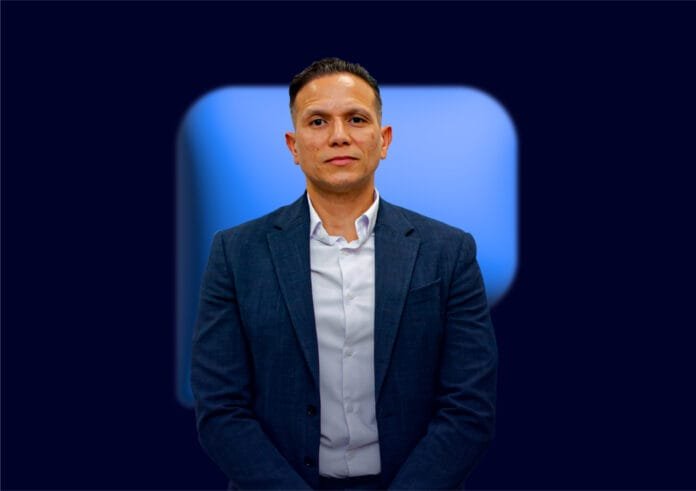PROFILE Mozambique: Vivo Energy Mozambique recently signed a memorandum of understanding with Vodafone M-Pesa. What does this partnership mean for the company and for Mozambican consumers?
Hugo Narcy: Vivo Energy represents the Engen brand and Shell lubricants, with a nationwide presence of around 60 service stations. These stations, both formal and informal, act as true hubs, attracting a diverse flow of clients every day, many of whom are already users of technological platforms such as M-Pesa.
That is why this partnership makes perfect sense. We want to provide more convenient solutions, not only for those refueling but also for those using our convenience spaces. The integration of M-Pesa payment solutions at Engen stations will bring customers closer to the final product through a faster, safer and simpler experience.

This, however, is only the first initiative. By combining M-Pesa’s technological strength and its statistical and financial analytics capabilities with our physical market presence, serving passengers, transport operators and consumers at large, we believe it will be possible to create synergies across multiple areas. Our goal is to deliver innovative, accessible solutions with a real impact on the national economy, strengthening financial inclusion and providing alternatives aligned with the lifestyle of Mozambicans.
PM: When is this initiative expected to go live on the ground?
HN: The roll-out of this initiative is scheduled within the next three to four weeks, possibly even sooner. In fact, the pilot phase is already underway, and the go-live will be very soon. In just a short time, all our customers will be able to access M-Pesa and use the product developed in partnership with Vivo Energy.
At an initial stage, we will also launch a M-Pesa Vivo card, designed to complement the digital experience. From there, we will proceed with a gradual, structured expansion of the solution, adapting it to market needs. Of course, we cannot reveal every detail just yet, but what we can assure is that this is only the beginning of a process with significant potential to transform the way consumers interact with our services.
PM: Could you share how Vivo Energy is positioned in the market right now, particularly within the sector you operate?
HN: As with almost every sector, we were impacted by the shocks recorded in the third and fourth quarters of last year. We still feel some of the effects of that environment, but we managed to stand back on our feet and design a strategy based on essentials, focusing on the basics and ensuring we are doing the right things at the right time.
In this context, we cannot yet talk about growth, particularly because restrictions on fuel imports remain in place. These are structural challenges that we are working to overcome in coordination with the regulator, the Central Bank, Government, and other private operators in the sector.
PM: And how does the shortage of foreign currency affect your operations, both in terms of managing activities and business development?
HN: More than the shortage of foreign currency itself, what we have been facing are major difficulties in imports, caused by a combination of factors. Naturally, the exchange rate issue is relevant, but it is not the only point of concern.
What we have sought to do is design a strategy that secures the minimum necessary conditions to ensure the continuity of our operations. Like other fuel companies, we are working closely with the Central Bank, commercial banks, the regulator, and other sector partners to find solutions that allow us to overcome this scenario.
It is worth noting that in the past two to three months we have already seen some improvements, which gives us confidence that, gradually, we will reach a more favorable balance for both our business and the sector as a whole.
PM: What are the main challenges that persist and continue to weigh on the fuel sector in the country?
HN: More than a challenge unique to fuel companies, we are dealing with a reality that affects the entire industry. It is undeniable that recent events, such as protests, the electoral period, and the difficult environment we are going through, had a direct impact on the wallets of Mozambican citizens.
Naturally, this has been reflected in consumption volumes, the performance of our business, and the sector’s ability to respond. The effort we have been making is precisely to break this adverse cycle and move towards a more favorable one.
It is a process that will take time, but we believe that, step by step, the Mozambican economy is showing signs of recovery, creating space for the sector to regain stability and resume generating value for all stakeholders.




